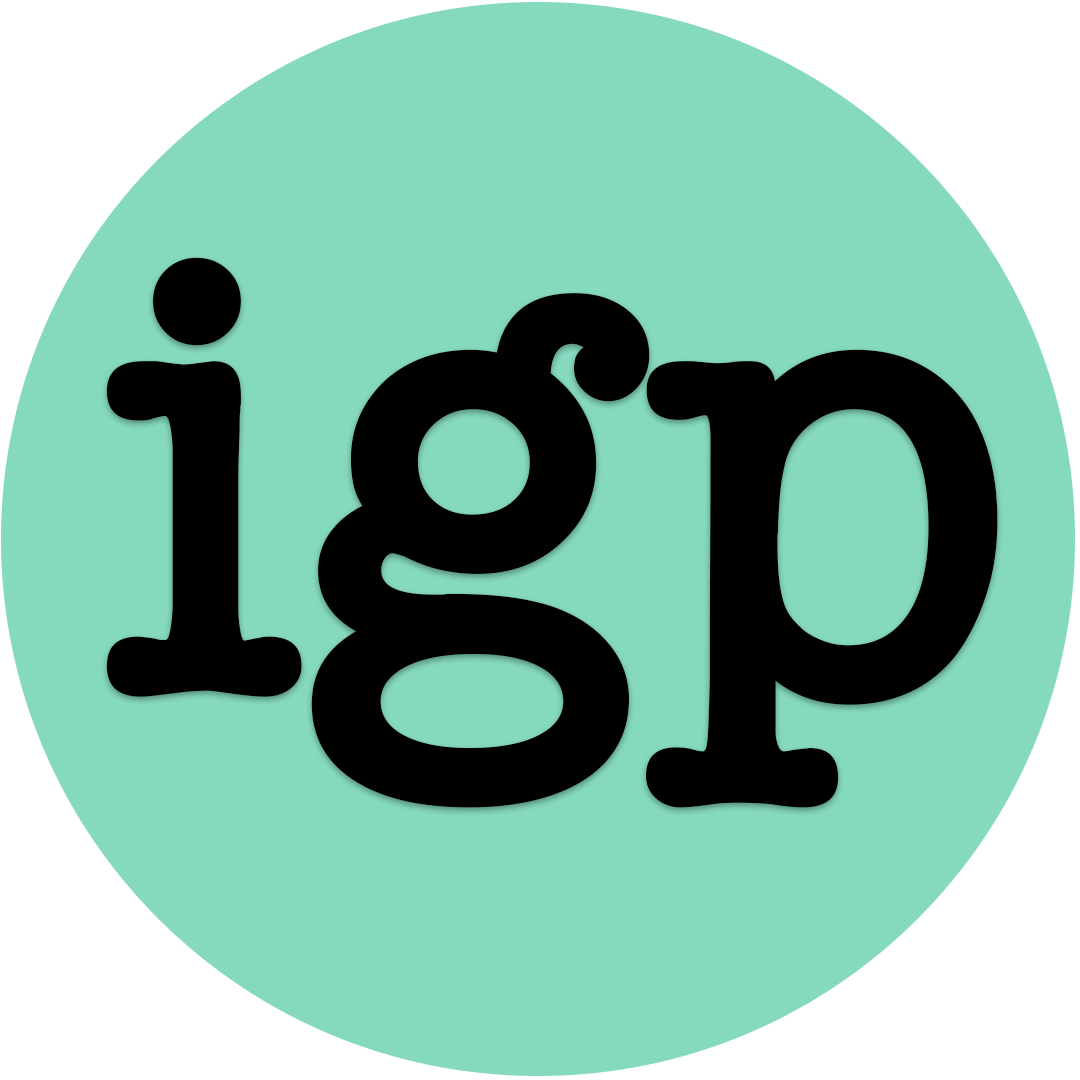Make an Appointment
Individual Therapy
IGP provides individual therapy with children, adolescents and adults. Our unique approach to treatment incorporates the expressive arts with contemporary therapeutic principles in order to help you gain insight into yourself and manage your emotions better. New brain research reveals that engaging our bodies in ways that relax us and bring us joy can be particularly important in the therapeutic process. This is why we incorporate professional art mentors into our individual sessions. Whether it is writing and recording a song with one of our professional musicians, or painting a canvas with the help of an art mentor, growth happens when individuals feel safe enough to take brave steps toward change. IGP understands that therapy can sometimes feel scary and that many children and adults do not have the words to express what they are feeling. Let us help you find a safe, creative and empowering way to feel better!
Group Therapy
Group therapy improves mental health in teens by increasing social skills, social support and peer connection. Teenagers benefit from group therapy because it helps them see that they are not alone, and that their peers are grappling with similar challenges. Group can also serve as a great place for teens to gain insight about themselves, as they receive feedback from others. When a safe environment is provided, teens may be able to hear constructive criticism from their peers and begin applying this newfound knowledge into future interactions with others. Social isolation has become a significant health risk to adolescents as more and more youth spend time on smart phones and social media. When teens have adequate supportive relationships this often protects them from the negative effects of stress. IGP strives to create a safe environment where teens can experience a sense of belonging and connection with others.
Psychological Testing
A psychological assessment is a comprehensive process that can answer any number of questions about a person. It involves the integration of information from multiple sources, such as standardized tests of intelligence, achievement and personality, as well as personal interviews and a thorough review of records. Typical areas of focus are to provide clarification of diagnosis, assess a particular area of functioning or disability and make recommendations for treatment. A psycho-educational assessment has the specific focus of using standardized tests in an effort to identify a student’s strengths and weaknesses across many areas of functioning, such as cognitive development, academic achievement, adaptive functioning, visual perceptual, motor coordination, behavior and social emotional development. The main goal of a psycho-educational assessment is to provide the best estimate of a child’s skill level and to make



